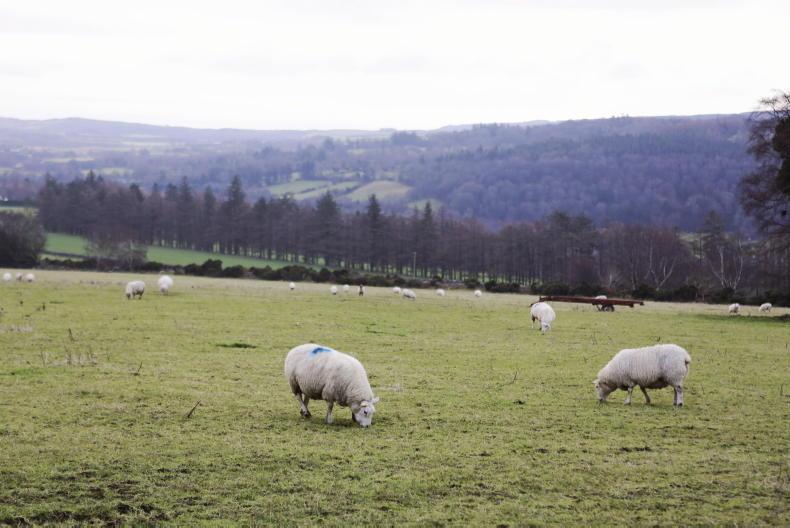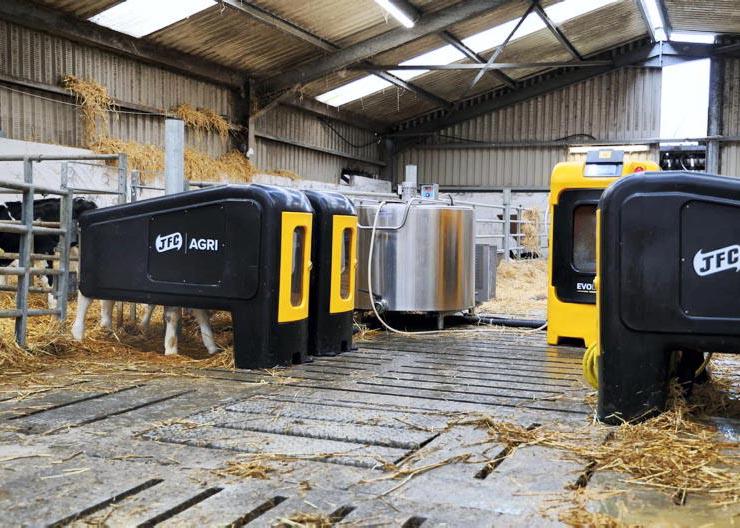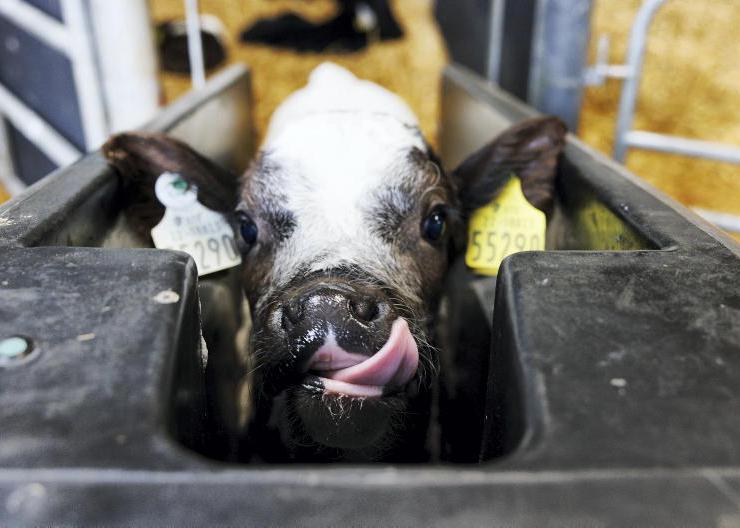The workload increases on most farms during the winter months and on part-time farms, it’s no different. During the summer months, if the pressure is on in the full-time job, a drive-by stock check in the mornings can tick a box until evening.
It’s a different story during the winter, with cattle having to be fed in the morning and evening with little wriggle room to avoid yard work.
Part-time farmers need to be really good organisers and time managers, much more so than full-time farmers because they are more time-poor.
Throw in a family, some sport and free time, and part-time farming can become a difficult juggle. This week, we take a look at some time-saving and labour-saving tips to streamline things on part-time farms this winter.
There always seems to be more pressure on time around yards in the mornings. Getting out to work, dropping off kids to school and feeding stock, there is always time pressure to get things done.
Ask yourself the question, what can I do the evening before to speed things up? Filling buckets of meal the evening before is a good tip I saw on a farm a few years ago.
Can you time things to put bales in at evening foddering? Having bales close to the yard is another time-saver during winter. If feeding meal to weanlings at the rate of 2kg/head/day, this can be fed in one meal feed rather than two, reducing time in the mornings.

Check your battery pack so you don't have to jump-start the tractor.
Having to jump-start a tractor or jeep in the morning could add hours on to cattle feeding. Make sure all the machinery that you are using is in good working order and that it’s ready to go when you need it on a cold winter’s morning. Unscheduled breakdowns will always occur, but there are a lot of things you can do to avoid unnecessary delays in the farmyard. Make sure all vehicles have antifreeze and are serviced, ready for the winter months.
This is especially relevant for sheep. Once you bring animals indoors, you have to start carrying feed in and manure out. Some farmers build grass supplies for sheep to hold them out until Christmas. For the last two years, ewes on Tullamore Farm have been kept out until Christmas, reducing the workload over the festive period.
Having good lights around the farmyard is critical during the winter period.
On many part-time farms, both morning jobs and evening jobs will be completed in darkness or poor light.
So good lighting is essential, not just from a labour-saving point of view, but also from a health and safety point of view.
Having yards and sheds well lit means less chance of trips and falls and also makes working easier at the shoulders of the day.

This one could be debated by many, but I think vaccinations are a simple tool to avoid animals getting sick.
When things go right and you get into a routine, it takes 20 minutes to do your jobs in the morning and you can organise things and be out the door in time for work.
It’s when things go wrong and the unexpected happens that the time pressure comes. Take, for example, the scour vaccine.
Some would say it’s expensive, but for me it’s an insurance policy against spending hours mixing lectades and treating sick calves in spring.
It’s a similar story with pneumonia vaccines.
Sick animals take a lot of time to treat, so avoiding sick animals through a vaccination programme is good use of time and money in my book.
The workload increases on most farms during the winter months and on part-time farms, it’s no different. During the summer months, if the pressure is on in the full-time job, a drive-by stock check in the mornings can tick a box until evening.
It’s a different story during the winter, with cattle having to be fed in the morning and evening with little wriggle room to avoid yard work.
Part-time farmers need to be really good organisers and time managers, much more so than full-time farmers because they are more time-poor.
Throw in a family, some sport and free time, and part-time farming can become a difficult juggle. This week, we take a look at some time-saving and labour-saving tips to streamline things on part-time farms this winter.
There always seems to be more pressure on time around yards in the mornings. Getting out to work, dropping off kids to school and feeding stock, there is always time pressure to get things done.
Ask yourself the question, what can I do the evening before to speed things up? Filling buckets of meal the evening before is a good tip I saw on a farm a few years ago.
Can you time things to put bales in at evening foddering? Having bales close to the yard is another time-saver during winter. If feeding meal to weanlings at the rate of 2kg/head/day, this can be fed in one meal feed rather than two, reducing time in the mornings.

Check your battery pack so you don't have to jump-start the tractor.
Having to jump-start a tractor or jeep in the morning could add hours on to cattle feeding. Make sure all the machinery that you are using is in good working order and that it’s ready to go when you need it on a cold winter’s morning. Unscheduled breakdowns will always occur, but there are a lot of things you can do to avoid unnecessary delays in the farmyard. Make sure all vehicles have antifreeze and are serviced, ready for the winter months.
This is especially relevant for sheep. Once you bring animals indoors, you have to start carrying feed in and manure out. Some farmers build grass supplies for sheep to hold them out until Christmas. For the last two years, ewes on Tullamore Farm have been kept out until Christmas, reducing the workload over the festive period.
Having good lights around the farmyard is critical during the winter period.
On many part-time farms, both morning jobs and evening jobs will be completed in darkness or poor light.
So good lighting is essential, not just from a labour-saving point of view, but also from a health and safety point of view.
Having yards and sheds well lit means less chance of trips and falls and also makes working easier at the shoulders of the day.

This one could be debated by many, but I think vaccinations are a simple tool to avoid animals getting sick.
When things go right and you get into a routine, it takes 20 minutes to do your jobs in the morning and you can organise things and be out the door in time for work.
It’s when things go wrong and the unexpected happens that the time pressure comes. Take, for example, the scour vaccine.
Some would say it’s expensive, but for me it’s an insurance policy against spending hours mixing lectades and treating sick calves in spring.
It’s a similar story with pneumonia vaccines.
Sick animals take a lot of time to treat, so avoiding sick animals through a vaccination programme is good use of time and money in my book.












SHARING OPTIONS